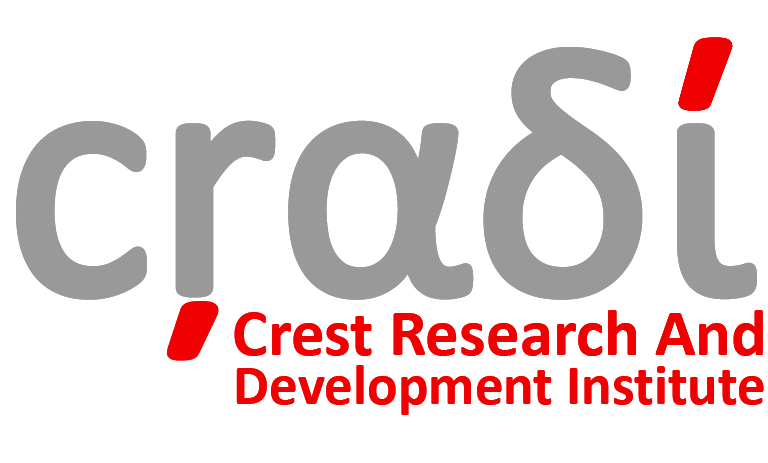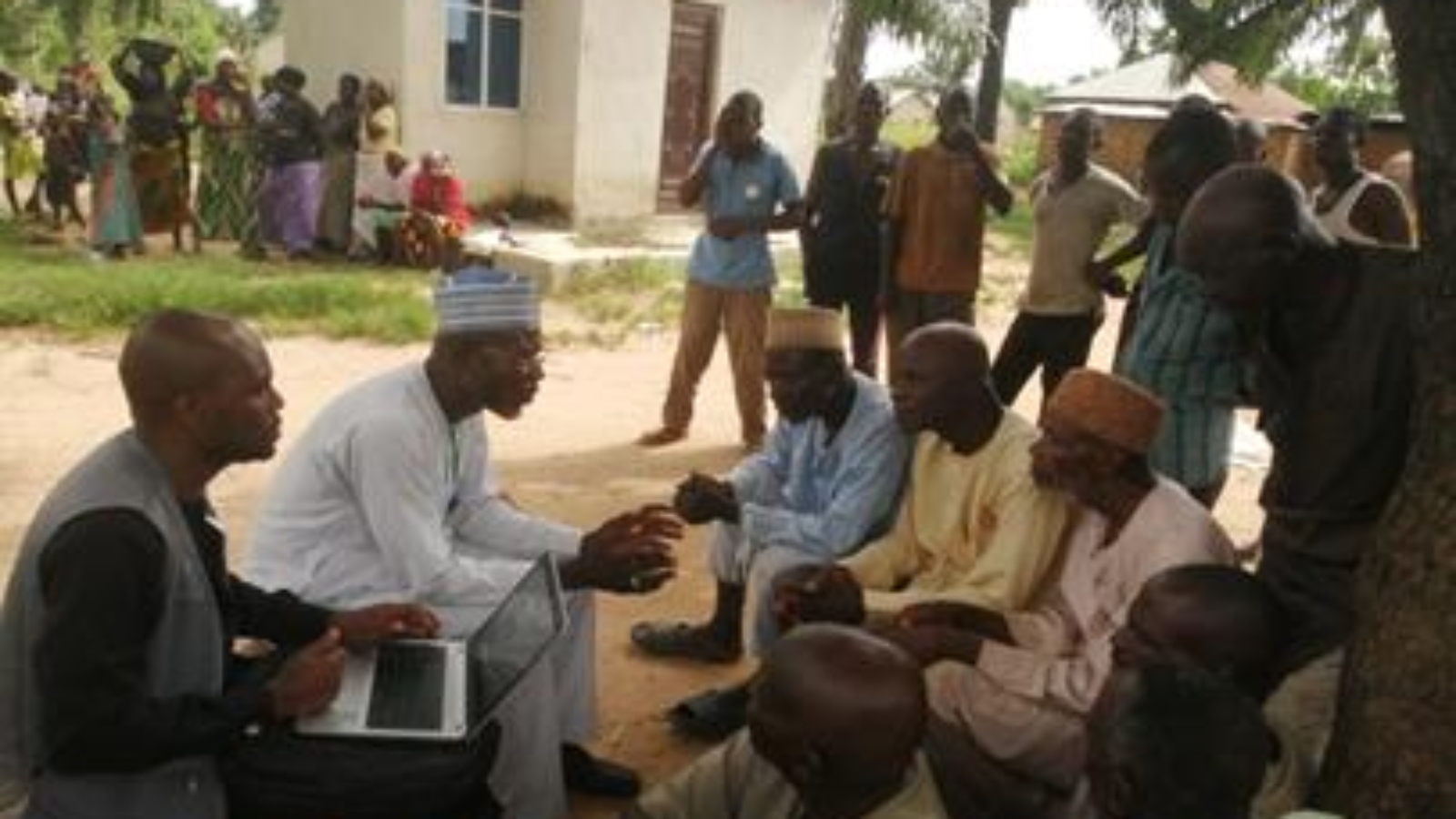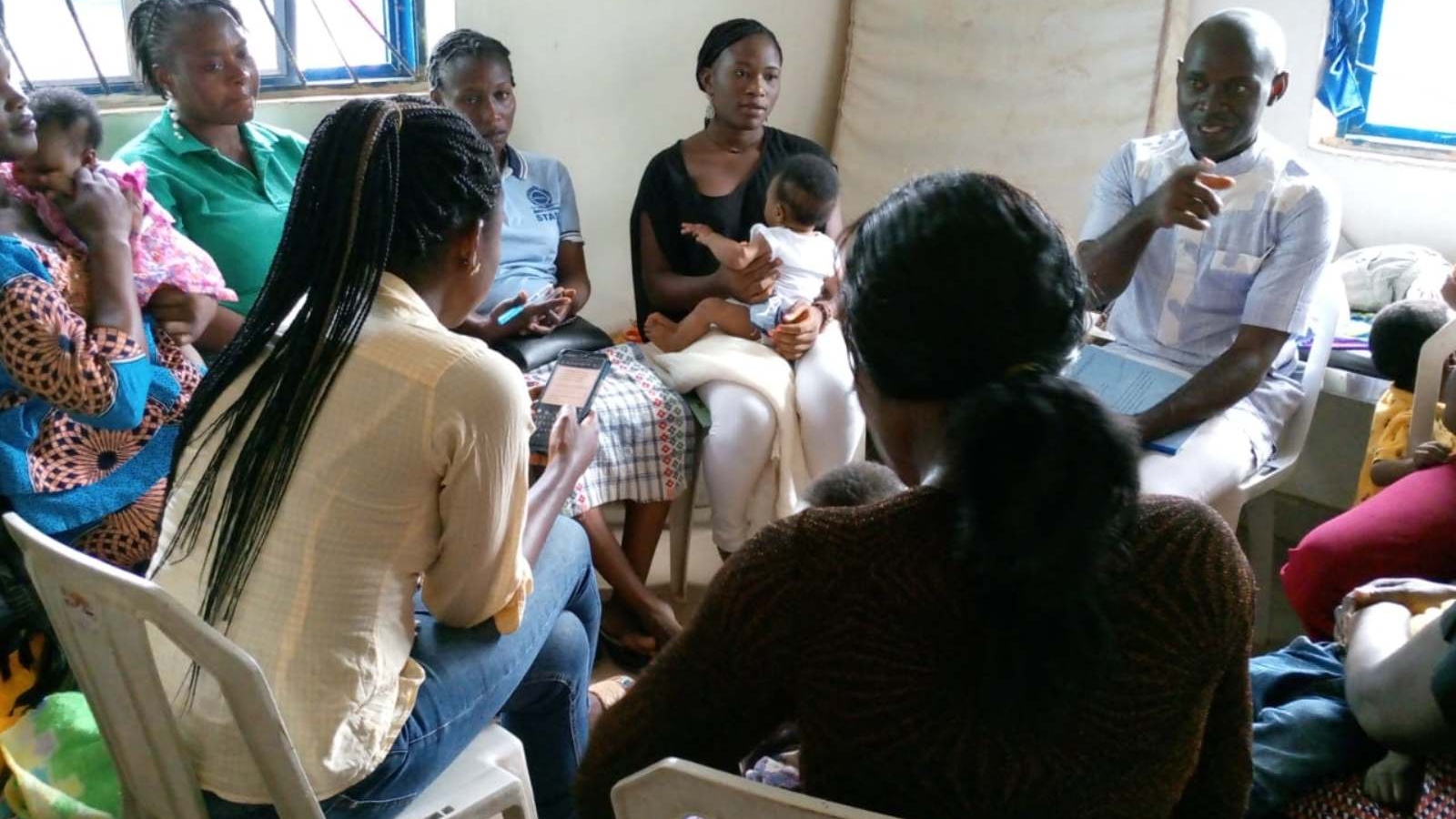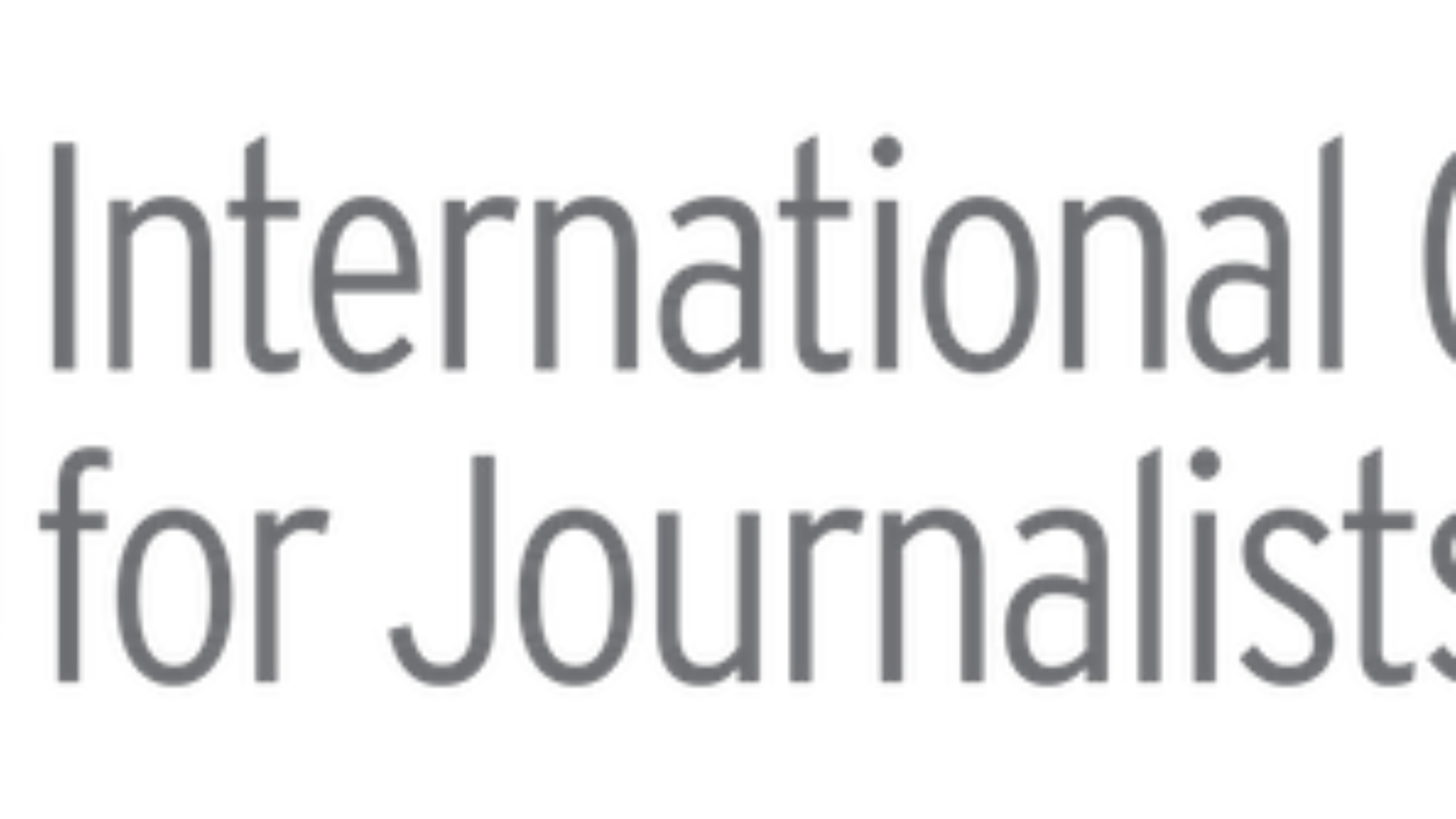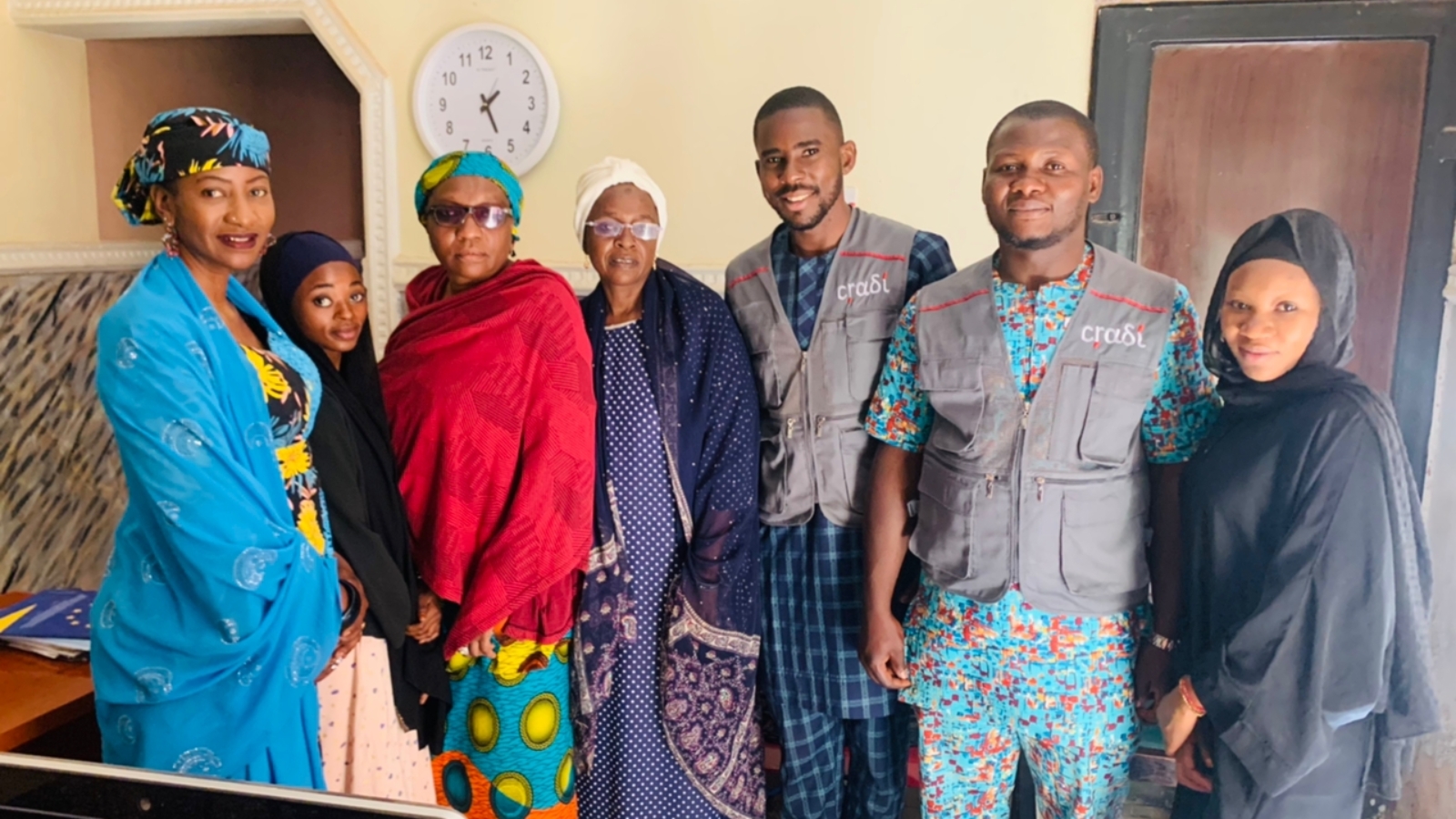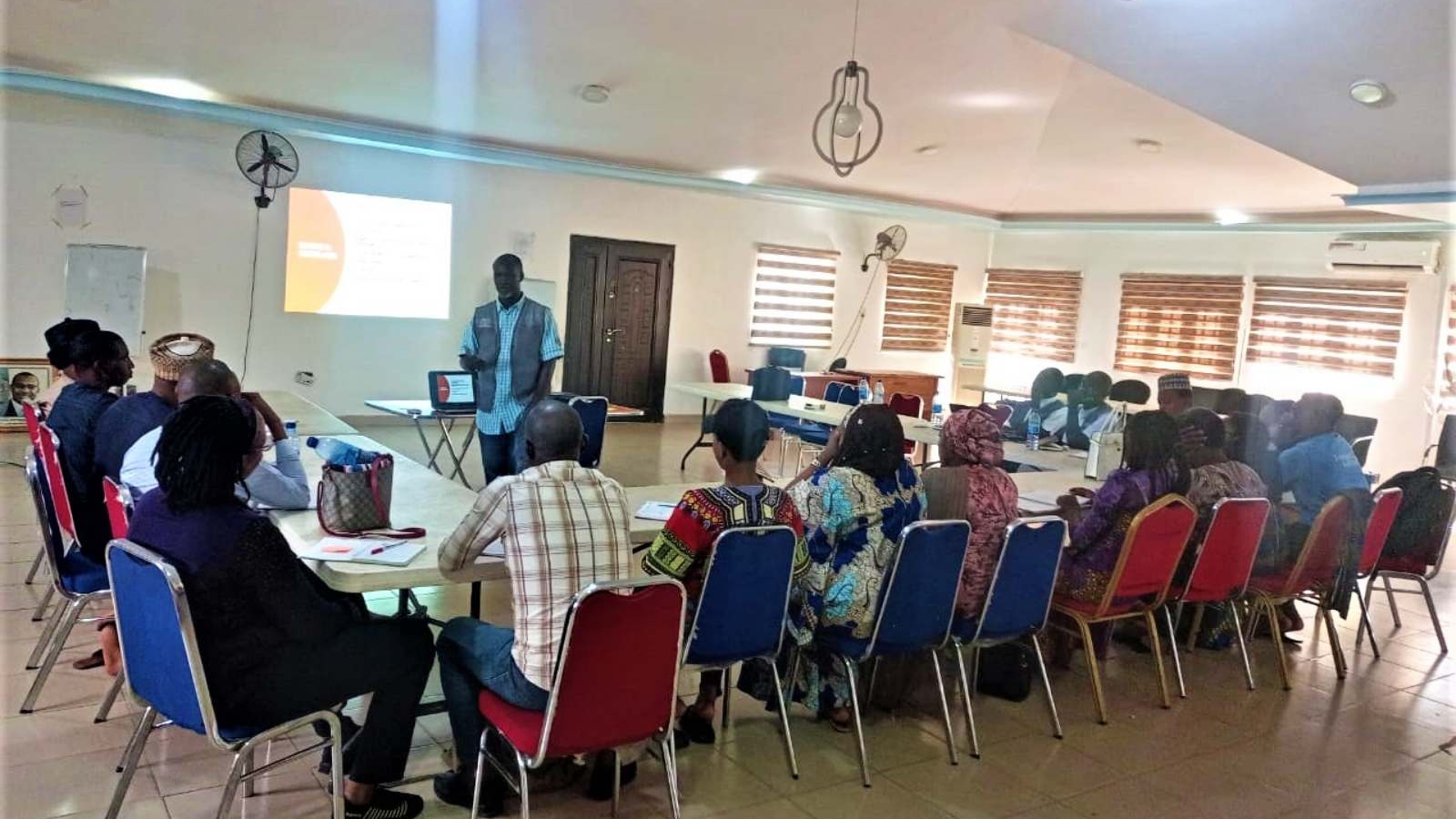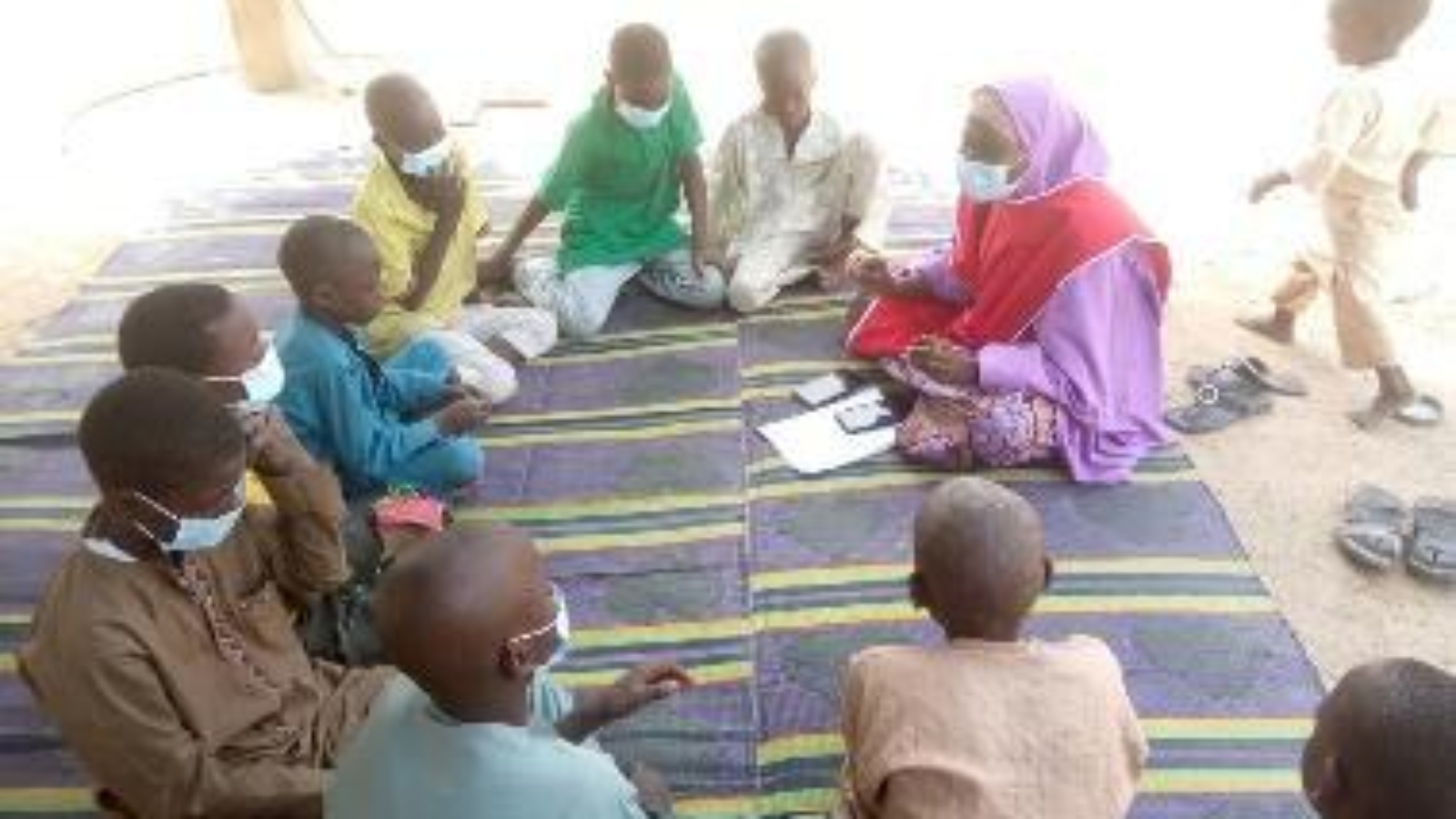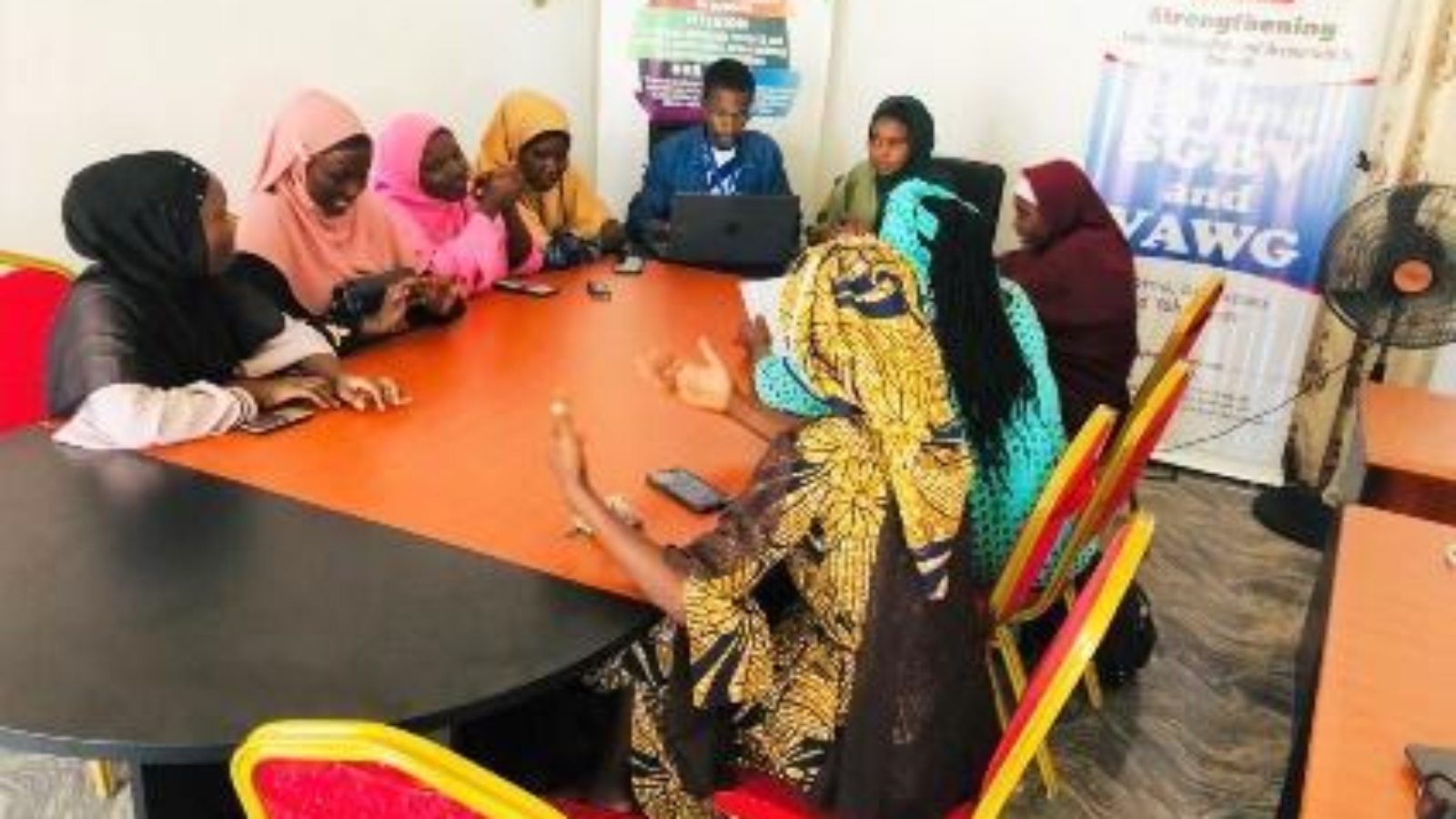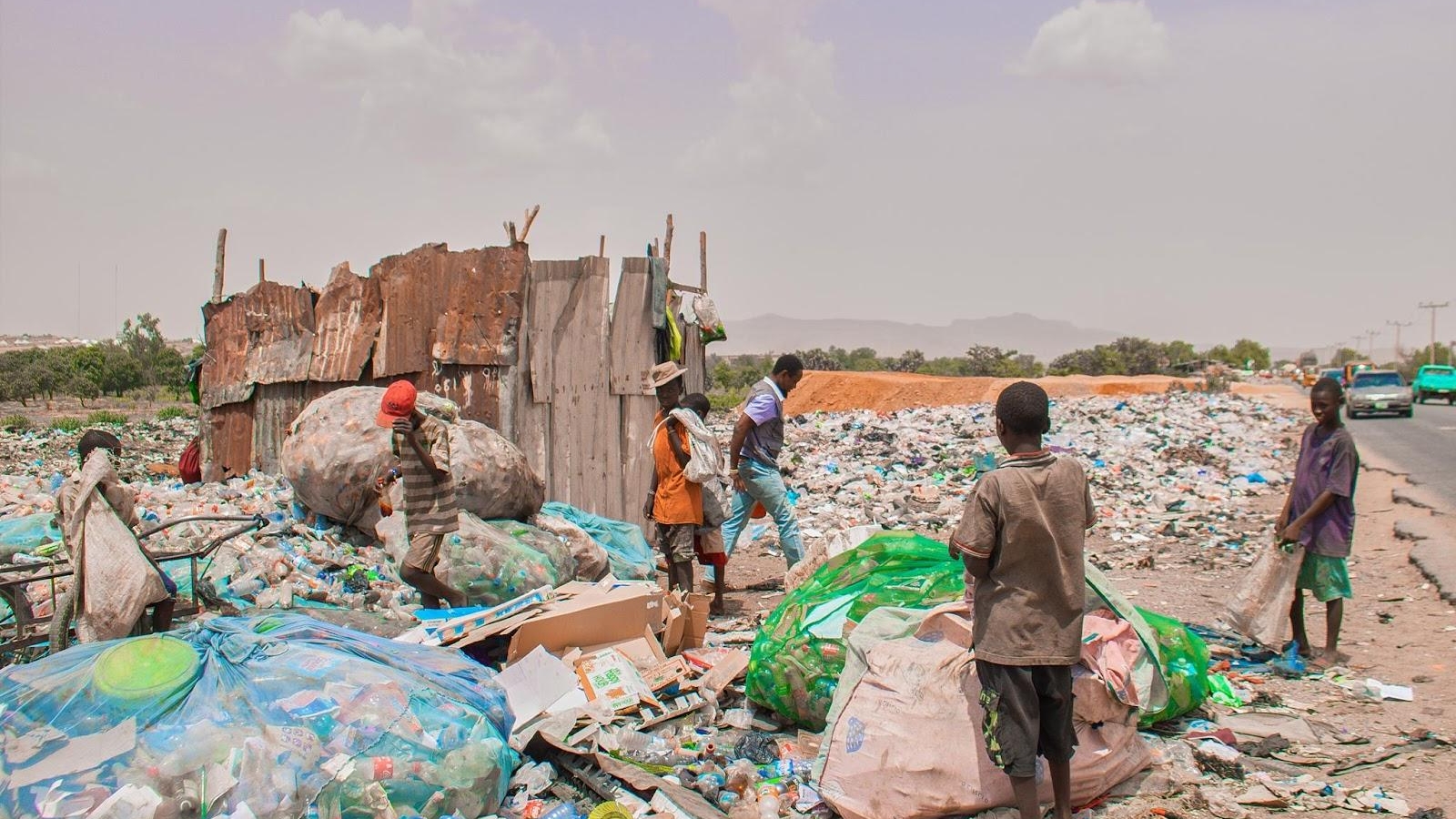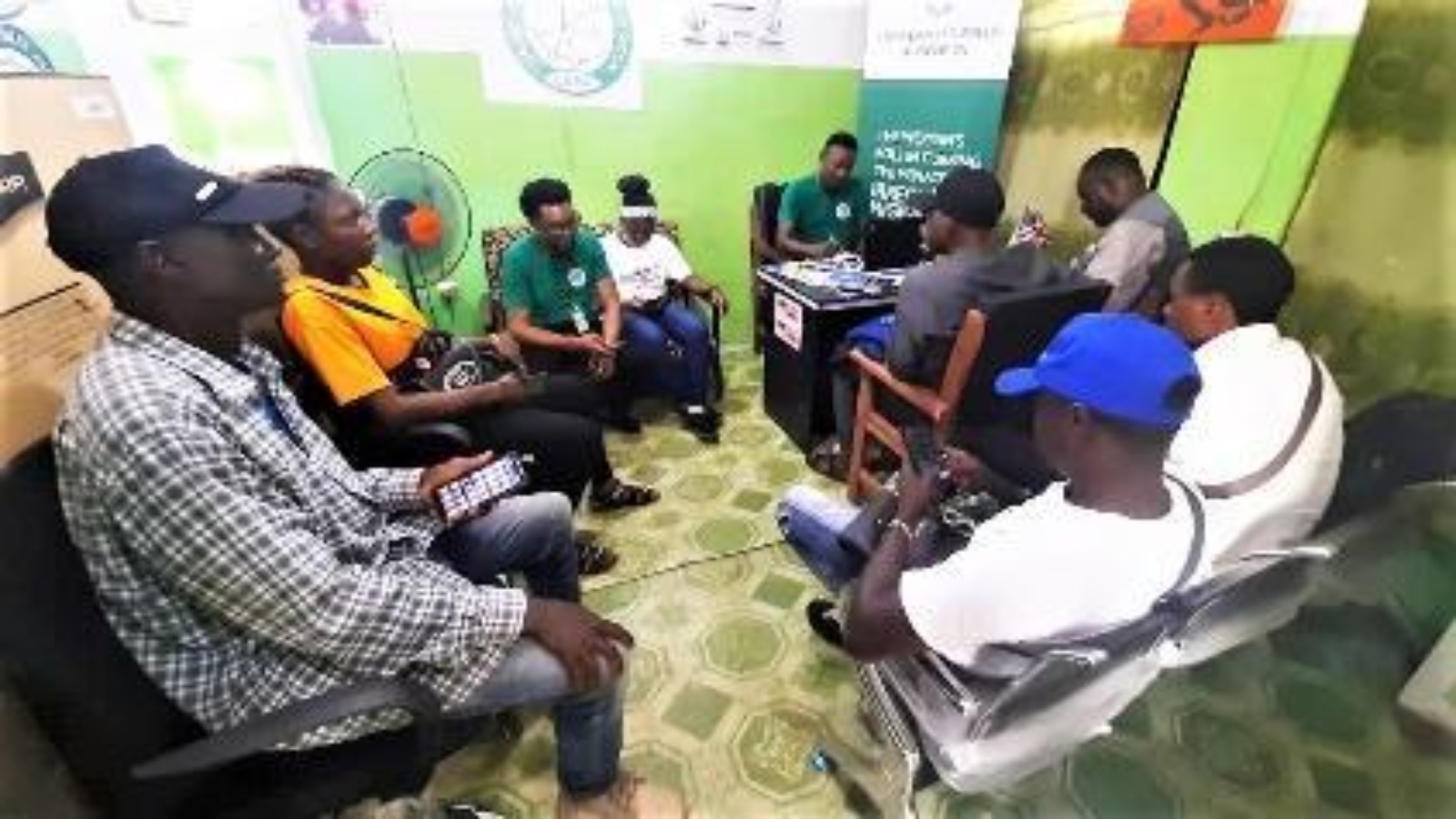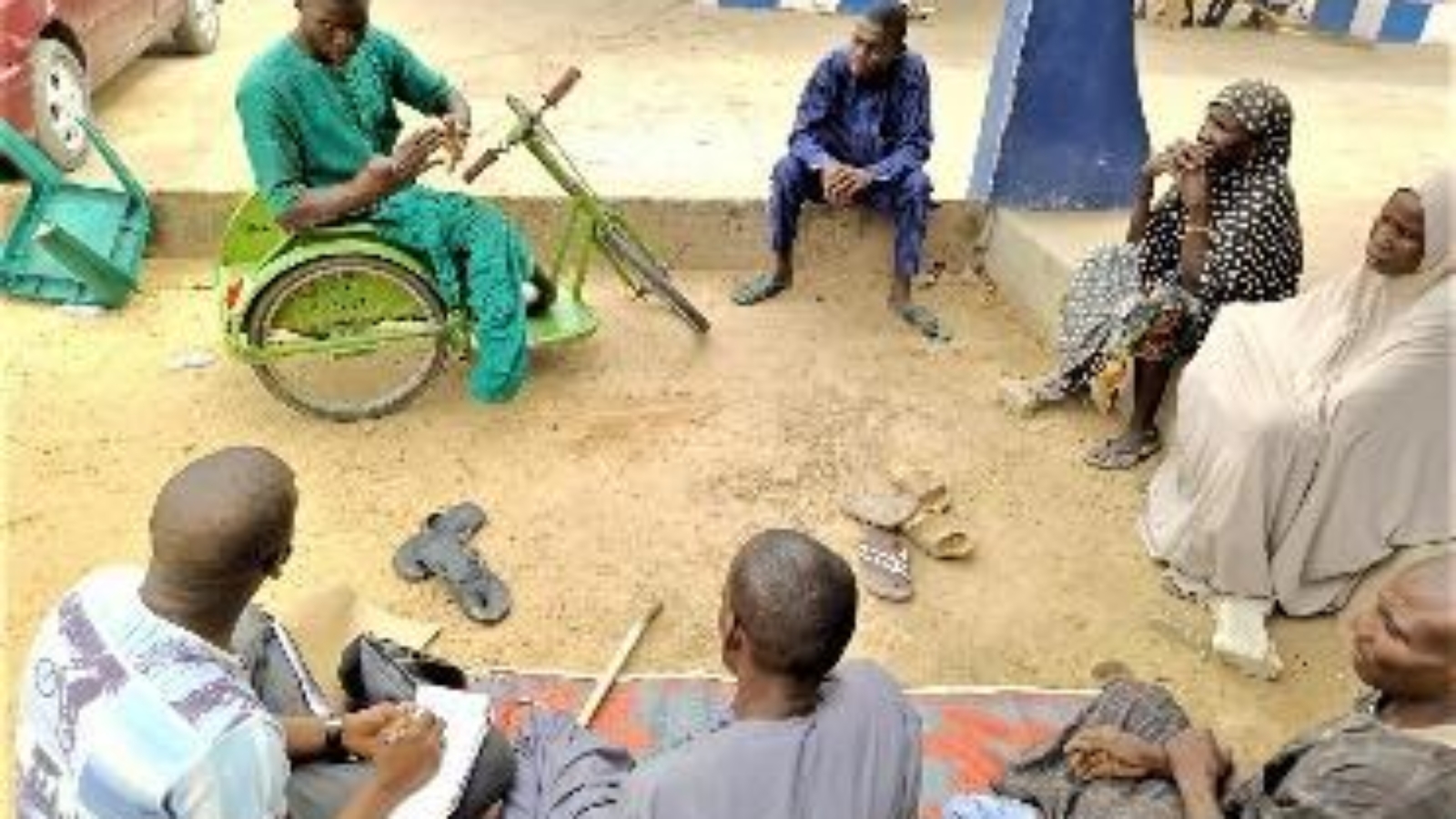The project is part of Christian Aid’s Global Climate Change and Sustainable Energy Programme (CCASE). Extreme climatic events, such as floods, droughts, and desertification, have reduced the size of arable lands, significantly impacting agricultural productivity.
Improving Uptake of High Impact Intervention Using Group Ante-Natal Care (G-ANC) as a Health Strengthening Platform
Technical Advice Connect LTD/GTE (TAConnect), with support from the Bill and Melinda Gates Foundation, responded to promote sustainable improvements in State Primary Healthcare (PHC) systems’ performance, Group Antenatal care (G-ANC), and increase the uptake of Reproductive, Maternal, Newborn, Child, and Adolescent Health and Nutrition (RMNCAH+N) services.
In the Name of Religion – June – October 2023
The program involves a combination of virtual and in-person training, mentorship, and grant opportunities for Nigerian and Sudanese journalists. The key activities include online workshops and in-person training for journalists, mentored reporting on religious freedom stories, reporting grants, and the promotion of featured stories in major African media. Additionally, the program trains top performers from Nigeria to plan coverage of regional issues in religious freedom, fostering cross-border cooperation.
Promoting And Protecting Freedom Of Religion And Belief In Nigeria (PP-FORB NIGERIA)
SfCG Nigeria is implementing a 36-month project with an overall goal to empower actors to prevent and address conflicts along religious lines and advance FoRB in Nigeria. The program employs a national scope of implementation that engages key actors at the National level and across the 6 geopolitical regions of Nigeria.
Promoting Local Response, Capacity And Partnership Initiative In Nigeria (PLRCAP)
Launched in November 2019, the Promoting Local Response Capacity and Partnership (PLRCAP) initiative aimed to provide institutional strengthening to local and national organizations working in the humanitarian response in Northeast Nigeria.
Addressing Vulnerabilities Of Conflict-Affected Girls And Boys U5 AND PLW/GS In Borno State, Nigeria (Nutrition, Child Protection), Save The Children (SC)
In response to the protracted conflict that continued to impact boys, girls, women and men in Northeast Nigeria and building on the premise of different studies and assessments of the aftermath. Save the Children initiated a gender-responsive nutrition (integrated with WASH) and protection project to reduce suffering, increase and maintain human dignity, and save lives among girls, boys U5 and PWL/Gs in Jere, Konduga and Mafa LGAs in Borno State.
Strengthening Social Mobilization And Accountability Towards Ending SGBV and VAWG
Sexual and gender-based violence (SGBV) affects individuals of all ages, genders, abilities, races, and cultures. Research indicates that women and girls are disproportionately targeted in various forms of sexual violence. Despite the prevalence of these crimes, the societal stigma surrounding sexual violence leads to silence, insufficient resources, and a lack of coordinated efforts to prevent such acts and hold perpetrators accountable.
Human Rights Impact Assessment Of The Trash To Cash Project
The effective management of plastic waste was considered important, leading to the implementation of a three-year-long project called “From Trash to Cash: Turning Plastic Waste into Economic Opportunity.” The project was initiated by Yola Renewal Foundation (YRF) in partnership with Tearfund and funded by the Norwegian Development Programme (Norad).
Promoting Evidence-Based Prevention Efforts To Reduce Trafficking In Persons Knowledge, Attitudes And Perception (Kap) Endline And Impact Evaluation
Since 2002, the International Organization for Migration (IOM) worked in close partnership with the Federal Government of Nigeria to enhance migration management. Through capacity-building, advisory services, and technical assistance, IOM focused on various aspects of migration, including migration health, information dissemination, assisted voluntary returns, and counter-trafficking measures. Collaborative efforts were established with national migration stakeholders to strengthen border management, combat human trafficking, reduce irregular migration, and integrate migration into the country’s development plans.
Comparative Study on Inclusion of Persons with Disabilities in Humanitarian Aid in Nigeria, Assessing Barriers and Enablers to Accessing Services, Humanitarian Assistance, and Community Engagement
In recognising the challenges of disability around the world, Christian Blind Mission (CBM) picked up the cause of ensuring the inclusion of PLWDs in humanitarian efforts. Guided by the principles of humanity, impartiality, “do no harm,” conflict sensitivity, and human rights principles of equity and non-discrimination, CBM is committed to promoting the rights and well-being of PLWDs.
